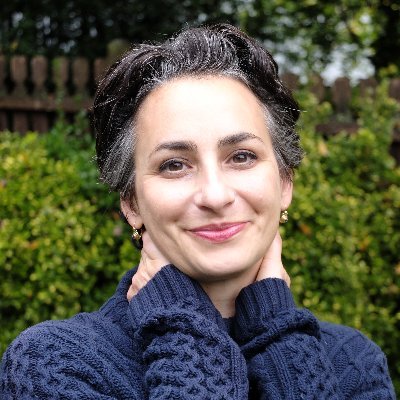
Chapters:
1:05: How many people have done ancestry testing only to discover a major family secret? Easily more than a million, Libby estimates. And many more are affected, given how “a single revelation refracts across an entire family…”
6:45 How will biological relatives respond when approached by a stranger carrying their DNA?
9:35 What is the etiquette of approaching people with DNA bombshells? Libby offers some advice on what to put in that first letter.
13:45 When it comes to adoption, all the rules have changed. There are seekers and there are those who might not want to be sought. Whose rights are paramount?
16:00 In Libby’s experience, most people are ultimately glad to have the truth, even if the process is difficult. But what about those who are not? “The people on the other side don’t tell their stories…”
18:00 Should ancestry testing companies offer more in the way of warnings? (probably). But, Libby says, ultimately “we are all drawn into this” and it is better to avoid the bombshell and be transparent. Her experience?
28:00 How does ancestry testing intersect with racial essentialism?
35:00 “Tell the truth” says Libby. Humans place a high value on knowing the truth about themselves. For health history, but also as a profound matter of self-conception.
Libby Copeland is a prize-winning science journalist who has written for the Washington Post, New York Magazine, the NY Times Magazine and, the Atlantic, among others. Her new book, The Lost Family, looks at how the development of DNA databases for genealogy and ancestry testing have affected the lives of millions of Americans, creating and reorganizing and sometimes destroying families, while raising profound questions about the meaning of all manner of kinship networks: family, blood, tribe.
Libby spends a little Corona-free time with Laura to discuss what she learned from the people whose stories fill this book, and what new rules and norms are called for in an age of DNA transparency.

